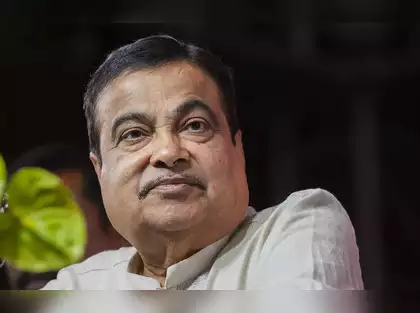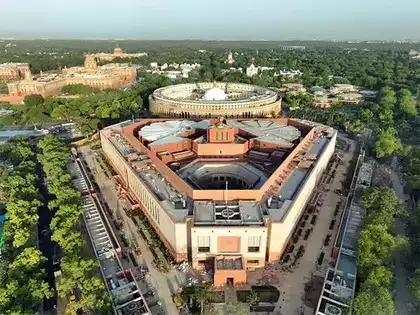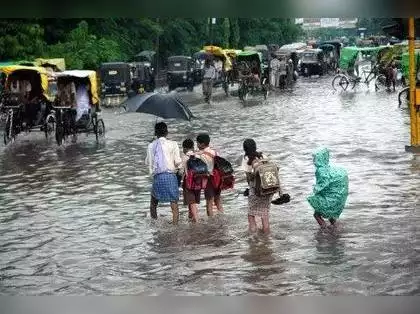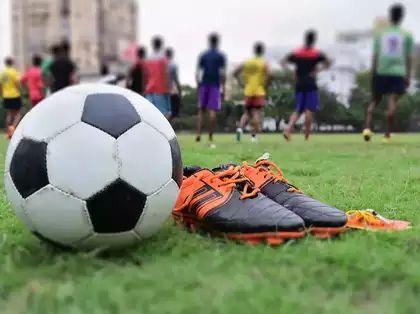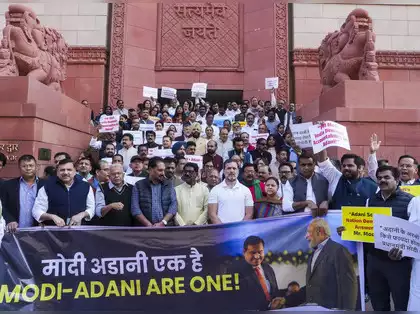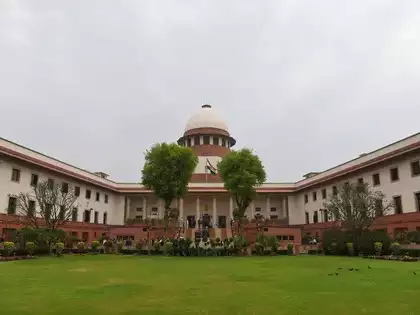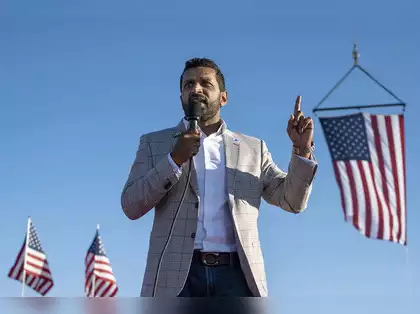As Delhi faces serious air pollution issues, Transport Minister Nitin Gadkari has suggested a big change to help improve the situation: switching completely to CNG-powered vehicles. He believes using cleaner options like biofuels and electric vehicles is important for a greener future and making India self-sufficient.
Recently, Delhi was covered in thick smog, and the air quality was reported as ‘poor.’ According to data from the Central Pollution Control Board (CPCB), the air quality index (AQI) was at 274 this morning.
Pictures from places like Akshardham Temple and ITO show the smog affecting visibility. At 8 am, the AQI readings in various locations revealed serious pollution. For example, Anand Vihar had an AQI of 294, ITO was at 235, IGI Airport (T3) was at 256, and places like Chandni Chowk and Jawaharlal Nehru Stadium both had AQIs of 250. Any AQI over 200 is considered poor.
Earlier today, the Supreme Court rejected a request to relax strict measures aimed at fighting pollution in Delhi and plans to discuss this further in the next hearing. A bench of justices noted that none of the surrounding states—Delhi, Rajasthan, Haryana, and Uttar Pradesh—followed orders to pay compensation to construction workers. They will also call the Chief Secretaries of these states to join the next virtual meeting.
The Supreme Court made it clear that any easing of rules will only happen if air quality starts improving. They will address this topic on Thursday. The court was not impressed with suggestions to relax pollution measures, stating that the AQI is still unstable.
The SC has instructed the Commission on Air Quality Management (CAQM) to better communicate what needs to be done to combat pollution, and they emphasized the need for coordination among different agencies like the MCD, Delhi Police, and other environmental groups. The SC also ordered that court commissioners be provided proper protection while carrying out their duties

